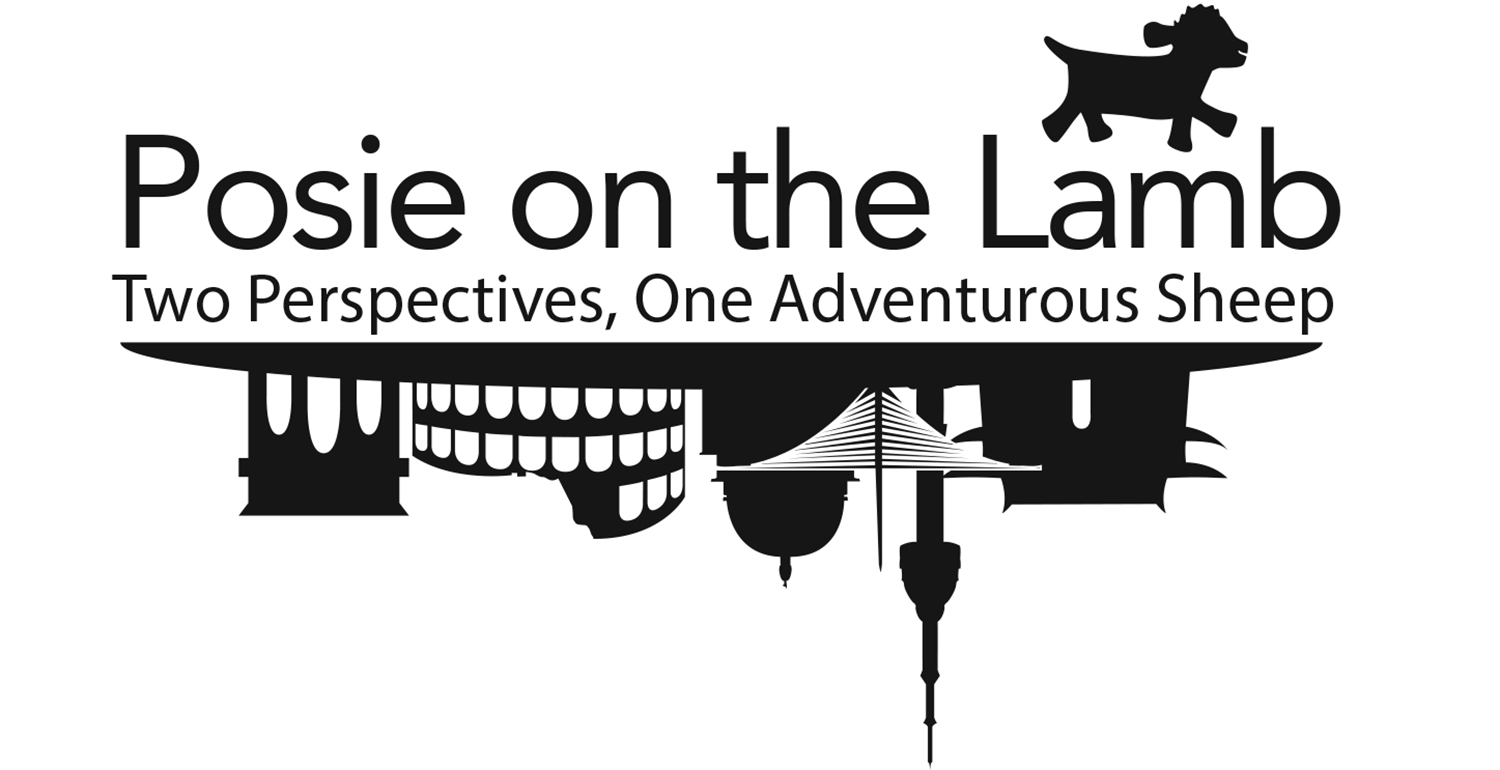The good, the bad, and the seedy

Love motels have a reputation in South Korea. And it's not the one you'd expect. Every Korean city has a love motel district, lit up with a palette of neon and innuendo. They cluster around train and bus stations, flashing names in reliable, though often regrettable, English: Good Time, The Plus, Hotel 'D,' Anytime. The décor suggests that if you get a good night’s sleep, you’re doing it wrong.
Like many travelers, we never stay anyplace else.
Aside from sleeping on a bathhouse floor, love motels are the cheapest overnight option in Korea. If this was their only virtue, we'd pass. But low price doesn’t necessarily indicate low quality; a well-chosen love motel is indistinguishable from a regular hotel.
The origin of love motels is exactly what you'd think. Most Koreans live with their parents until marriage (and sometimes well after). It's a financial issue - thanks to outrageous deposit fees, it's hard saving enough to get a first apartment. There's no cultural stigma against living chez Mom. Sam and I know lots of professionals in their 20s and 30s who do so, but that doesn't mean they stop having a social life. And parents in the next room can be awkward for a budding romance.
Which is where love motels come in.
As previously noted, you can rent a room for anything in South Korea.
But despite this seedy origin, love motels have a reputation among travelers as clean, cheap, surprisingly nice places to spend the night. Big-screen TV, computer, mini-fridge, and water cooler come standard, and in our experience there's a 50/50 shot at a jacuzzi. Blacked-out windows guarantee a good night's sleep. No reservations are required (or possible in most cases), and you get a complimentary toothbrush at check-in.* The biggest difference between a love motel and any other motel is the leopard-print wallpaper in the elevator.
Quality varies, of course. We've stayed in everything from pro-rated dumps to glossy suites with spiral staircases and built-in bars. Here are some hard-earned tips to help you have the best stay possible:
Don't get a room until 9pm or later. Some places charge more if you try to check in earlier; most just won't give you a room. This is especially true in Seoul. Motels in smaller cities are generally more flexible.
Rates should be posted at the reception desk. This isn't a deal breaker, but most of the nicer places put up signs with the nightly rates. If the desk clerk can quote a price easily, it's still ok. If he looks at the clock and starts scrawling calculations on a napkin, it may be time to look for something more upscale.
It can be cheaper to check out and back in each day than ask for multiple nights. In smaller towns, this may not be as big an issue. But in Seoul, it's often impossible to reserve a room for more than one night without some hefty additional fees. With a lot of baggage, it may still be worthwhile. But if you're traveling light, checking out for the day will save you some money.
Sometimes rooms are cheaper if you pay in cash. Sometimes they aren't. Doesn't hurt to ask.
Opt for a building, not a floor. This may not always hold true, but in our experience a free-standing building offers rooms by the night. A motel over a bar or restaurant will involve business suits, soju shots, and stilettos.
Reservations = needless confusion. We once tried reserving rooms in advance. Chaos ensued, and for once the problem wasn't (solely) my Korean. There's no need to stress over reservations anyway. We've never once had trouble getting a room at a love motel, though sometimes it's tough finding one in our ideal price range (₩50,000 or less).
Theme rooms are, essentially, the same as regular rooms. These will just be a giant picture of Snoopy or Marilyn Monroe on one wall.
Don't be put off by the garishness of Korean love motels. They can be cheap, convenient places to spend the night. Especially if you like blue lighting and wall-sized Sponge Bob prints.
-Erin


